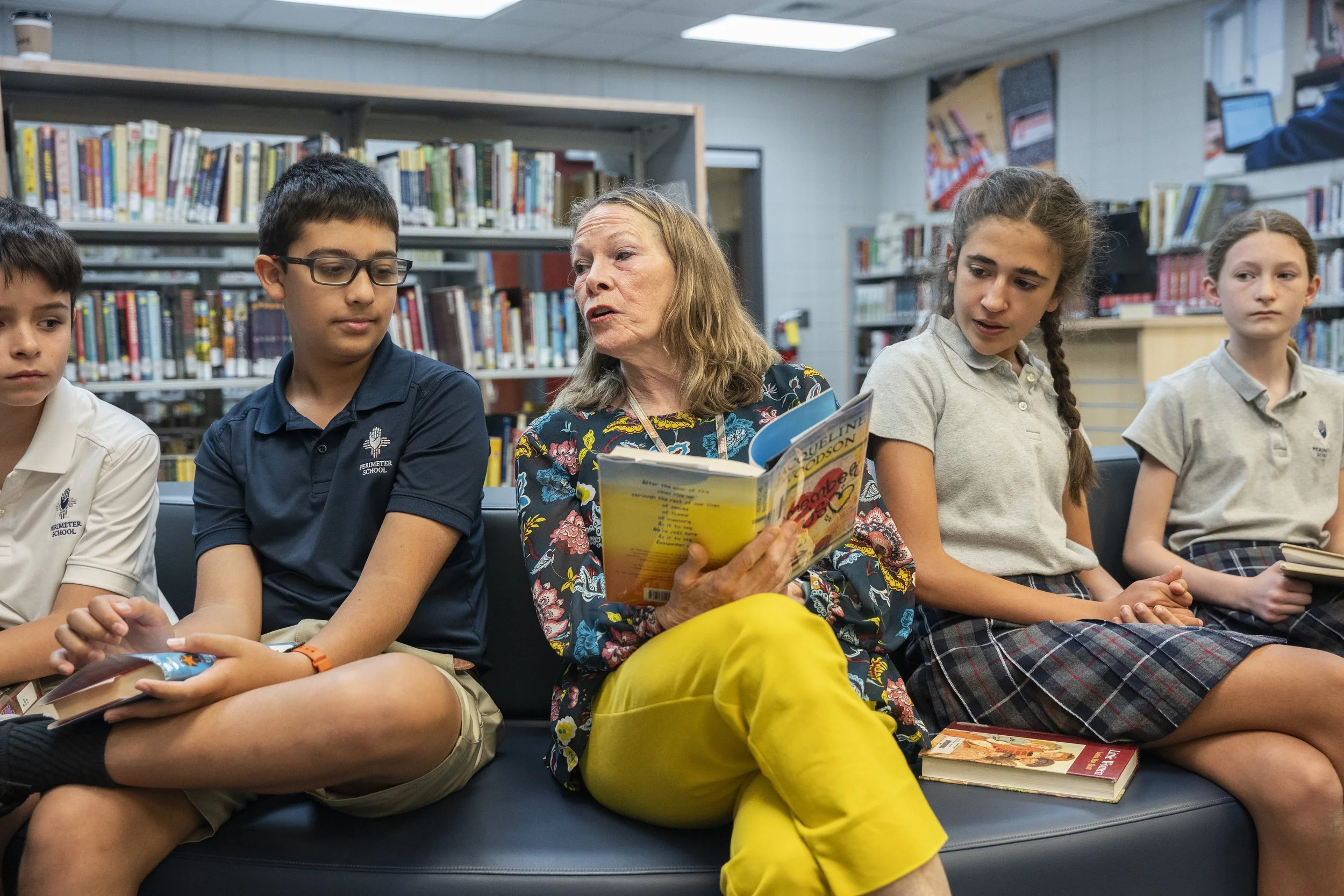Why We Read Living Books
I cannot think of a better family activity than enjoying A liVing Book Together!
By: BARBARA BEACH, PERIMETER SCHOOL Director of libraries
Studies have proven time and again that students who read independently are more likely to benefit from increased comprehension, increased and varied knowledge and use of vocabulary, and increased retention of what they read. They also develop focus and stamina for reading and comprehending large bodies of information in a short period of time. This is a skill they will need for being successful in college and possibly their chosen vocations.
But how do we inspire a child to want to read in a culture that pushes facile entertainment and communication in the form of soundbites and tweets?
LIVING BOOKS
Charlotte Mason said the answer was in living books. Although Miss Mason had a lot to say about living books in the six volumes of her Home Schooling Series, she never gave a clear definition of the term. In fact, she intentionally left it very broad. But at the heart of a living book is the notion that it contains profound ideas to “cause that intellectual stir”, “induce labor of thought”, and “make a child expend some effort in thinking.” And living books are written in such a way that they not only spark thought. They also delight.
However, the ultimate benefit to reading living books is the ability to read and understand the Bible, God’s word. The Bible contains a variety of genres: historical narrative, epic narrative, poetry, apocalyptic, letters, prophetic, and biographic. It was written by at least forty different authors in three different languages over a period of sixteen hundred years. Yet, with all these differences, it tells a consistent story that digs below the surface and gives meaning to what seems absurd, capricious, and hopeless. This story is so profound that no matter how many times we read or study it, we can never fully comprehend all it has to offer.
“Have you not known? Have you not heard? The Lord is the everlasting God, the Creator of the ends of the earth. He does not faint or grow weary; his understanding is unsearchable.” (Isaiah 40:28)
ELIZABETH FAUST LIVING BOOKS HONORS READING PROGRAM
With all the above in mind, along with the desire to honor Elizabeth Faust, a beloved teacher who died in 2002 of a brain tumor, we began Perimeter School’s Elizabeth Faust Living Books Honors Reading Program. We wanted to honor Elizabeth’s joy for reading and encourage students to read living books so that they would encounter ideas that would spark thinking and delight.
Elizabeth and her husband, Chuck, joined Perimeter School in 2000. Chuck was our athletic director, and Elizabeth was to teach third grade. However, Elizabeth’s diagnosis of brain cancer at the beginning of the year prevented her from teaching. Instead, she became a part-time reading teacher and began infusing students with the love of reading. She also began the process of creating a list of living books, which became the foundation of our living books program.
Elizabeth was a voracious reader who read a variety of literature. Some of her favorites were Goodnight Moon, The Chronicles of Narnia, and Hinds Feet on High Places. But her favorite thing to read was the Bible. To this day, Chuck keeps the Bible that has her handwritten notes in the margins.
Fostering a Love for Reading
The Honors Reading Program is an optional program offered to students at Perimeter School in first through eighth grades. Students who choose to participate read books from the list of living books for their grade level (or above), keep track of the titles they read, and are given recognition at the end of the school year if they read the number of books that qualifies them for “gold” or “silver” (this number varies by grade level).
Knowing that what delights one child may not delight another child, we have attempted to spread a feast of titles into our list so that children can choose. In doing so, our hope is that each student not only finds books they enjoy, but also develops a lifelong love for reading.
Unless there are special accommodations, we do not require students to sign up ahead of time. I encourage all of you to begin reading as the school year kicks off!
I cannot think of a better family activity than sitting together enjoying a living book and discussing its ideas.
Detailed instructions for the Honors Reading Program can be found here. Students who fulfill the requirements for either “gold” or “silver” will receive recognition on Honors Day at the end of the year.











Lost children need their Savior.